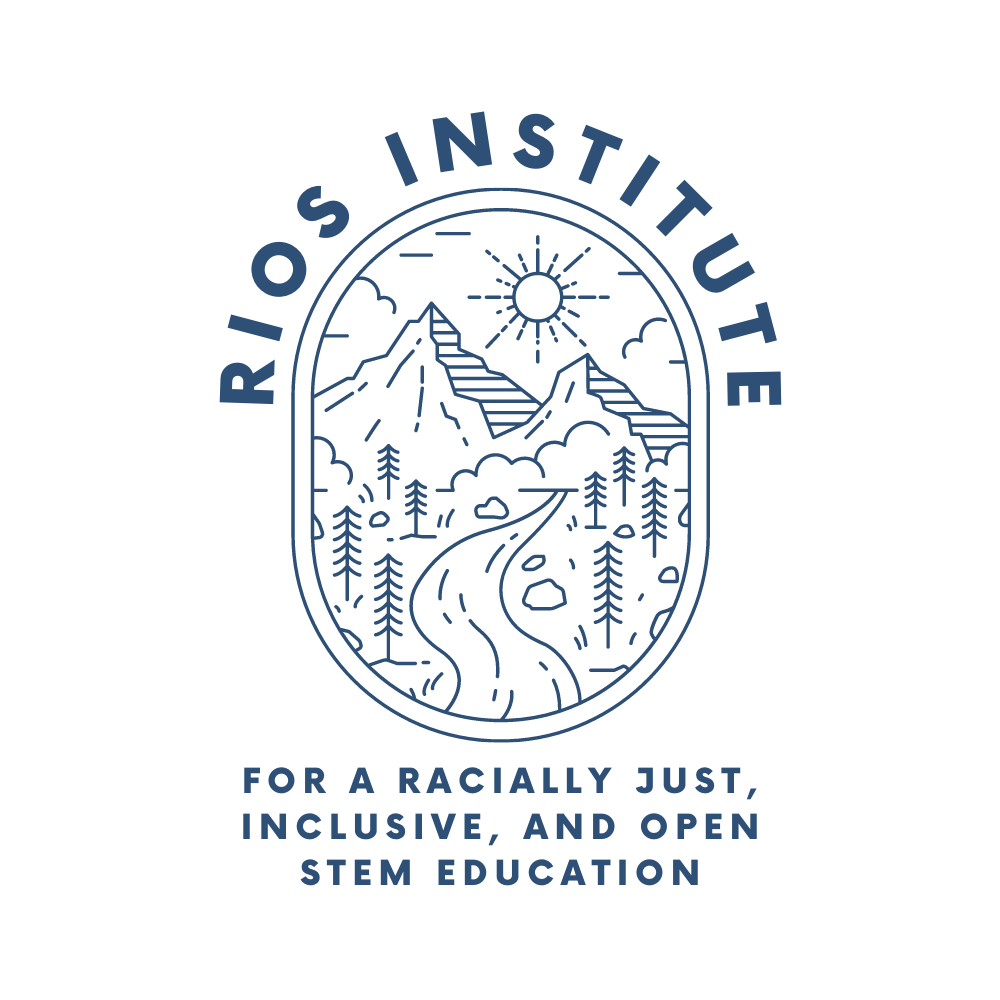At RIOS, we are developing resources to facilitate conversations and implementation of transformative changes in STEM. Here we have compiled several of our favorites, both by our team and others that help address several common questions we have received.
In addition to the FAQs below, you can find a more complete list of our favorite articles, teaching materials, and other documents at our Resource Database.
What are Open Education (OE), Open Education Resources (OER), and Open Pedagogy?
Open Education
In general, Open Education represents a movement to remove barriers to education. As SPARC’s explainer on the basics of Open Education describes, “Open Education encompasses resources, tools and practices that are free of legal, financial and technical barriers and can be fully used, shared and adapted in the digital environment.”
At RIOS, we contend that freedom from societal barriers must also be at the center of Open Education. We enjoy Sarah R. Lambert’s definition, which states “Open Education is the development of free digitally enabled learning materials and experiences primarily by and for the benefit and empowerment of non-privileged learners who may be under-represented in education systems or marginalized in their global context.”
OER
Open Education Resources (OER) are a variety of tools for educators to implement Open Education in their classrooms. A comprehensive database of high quality OER is available at OER Commons.
This article by the Hewlett Foundation--one of RIOS’ funding sources--covers the history and evolution of OER.
For those interested in developing or curating resources for STEM courses, the Institute for the Study of Knowledge Management (ISKME) and the Science Education Resource Center (SERC) at Carleton College have put together a practical guidebook on accessible STEM OER.
Open Pedagogy
Although many educators will define Open Pedagogy slightly differently, it involves building upon the values of Open Education on a larger scale, and often frames students as ‘contributors’ (not ‘consumers’) of knowledge. OpenPedagogy.org provides an in-depth article on the nature of Open Pedagogy. Eight Qualities of Open Pedagogy, by Laura Gibbs and Stacy Zemke, provides another perspective.
Karen Cangialosi, one of RIOS’ leadership team, has compiled a series of resources about Open Pedagogy. These include reflections on implementing Open Pedagogy, “But You Can't Do That in a STEM course!”, and a curriculum for groups looking to explore Open Pedagogy.
Why is including social justice important in pedagogy?
The many barriers in STEM education tend to most strongly affect students from historically underserved and marginalized backgrounds. Breaking down these barriers--making education Open--requires acknowledging and addressing these inequalities across the educational system, including in our classes.
For example, a study by Jenkins et al (2020) found that prohibitive textbook prices, which present an economic barrier to education for many students, and are a common motivation for adopting Open Education Resources, nevertheless pose “even more significant [barriers] among historically underserved college students.”
The article “Framing Open Educational Practices from a Social Justice Perspective” by Bali et al (2020) explores how the values and practices of Open Education can support social justice goals.
Several of the RIOS leadership team have put together a curated collection of readings, videos, activities, and discussion prompts to explore the importance of centering social justice in STEM education. We especially recommend this webinar by Dr. Jasmine Roberts-Crews that explains how education can only truly be "Open" if it addresses social (& not just financial) barriers to learning.
What does social justice mean in terms of a lesson plan or course?
We have collected several examples of Open Education Resources that center social justice, equity, diversity, and inclusion:
- Project Biodiversify has developed a set of inclusive and accurate methods for teaching sex- and gender-related topics which we are big fans of.
- Math and Social Justice: A Collaborative MTBoS Site has collected lesson plans, datasets, and other materials for incorporating social justice into teaching mathematics
- The QUBES Open Practices learning community has a series of resources on this topic
